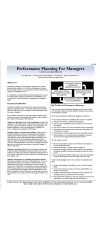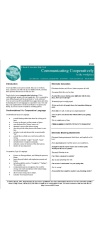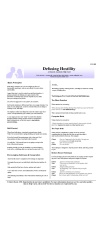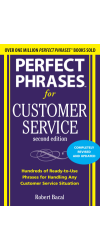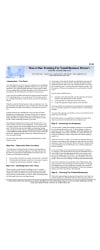While it’s great that you recognize your anger or even rage is negatively affecting your relationships, and you are seeking self-help ways to address the situation, there are situations where you are much better off getting help from health and mental health professionals.
It’s not easy to change emotional habits, and many of us can’t do so on our own, so don’t be afraid to seek out help in your local area. There is NO shame in being smart enough, and responsible enough to get the help you need, particularly when your anger and rage can destroy your marriage, harm your children, and even get you arrested. It could be your life on the line, literally and figuratively, and you deserve expert help if you need it.
Err On The Side of Getting Help
Below you’ll find some “symptoms” that highly suggest you should consult a professonal to help you with your anger. If you don’t have these symptoms it doesn’t mean you should avoid expert help. ALWAYS err on the side of being conservative. Reach out if YOU feel your anger is getting in the way of your life, even if the following do not really apply to you.
Some Symptoms That Suggest Seeking Help
- Have you ever made physical contact in anger with a family member, as an adult? That could include hitting, pushing, etc.
- Have you ever refused to get out of the way of a spouse, or family member who was trying to get by you?
- Do you feel that you might do something violent because you get so angry, you get out of control?
- Have you, on several occasions, thrown objects, broken things, in anger?
- Have you ever punched objects in anger?
- Do you have problem with alcohol, such that when you drink, you get aggressive?
More Indicators You Should Seek Out Counselling For Your Anger
- Is your spouse or partner afraid of you? (ask when you are calm)
- Are your children afraid of you?
- Do you find you raise your voice often (yell) at family members?
- Do you get “sneaky” mad, and let things simmer, while making demeaning remarks in a passive aggressive way (often over time) ?
- Do you “obsess” about how you’ve been wronged (or think you’ve been wronged) to the extent that it takes up a lot of your thoughts?
Conclusion: Help Is Out There, and If You Need It, It’s Your Responsibility to Seek It Out
Remember, it’s your life and you are far better seeking out help with your anger EARLY. If a clinician or professional doesn’t think they can help, they’ll tell you. Do it before you do something that could negatively affect your life forever.
In a future article, we’ll make some suggestions about how/where to get help. In the mean time, you might want to look at might want to take a look at our LearnBytes Helpcard entitled Finding and Choosing A Therapist Who Works For Your. It’s low priced, and meant to be read in one setting, and can help you with various aspects of navigating the maze of professional help.
Disclaimer: Advice on this page (and on this site) should not be construed as clinical advice and it may or may not apply to your situation. When in doubt, seek out professional help.

